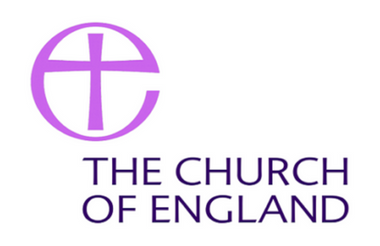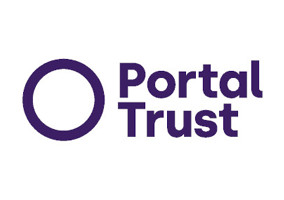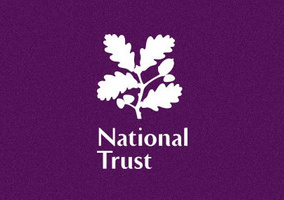The charity investment arm of the Church of England has announced a £100m funding pot to atone for its links to transatlantic chattel slavery.
A report released yesterday by the Church Commissioners revealed that the Queen Anne’s Bounty, a predecessor fund of its £10bn endowment, had significant investments in the South Sea Company, which was involved in the transatlantic slave economy in the 18th century.
It said that the establishment of the bounty in 1704 and its funds in the company “was coincident with the rapid expansion of transatlantic chattel slavery”.
The charity apologised for the links, saying that the £100m investment will aim to redress its “shameful past”.
Links to transatlantic chattel slavery
According to the report, one of the bounty’s primary sources of income for the fund was benefactions, which made up just over 14% (£308,440) of all income between 1708 and 1793.
“Many of the individual benefactors were, or may have been, linked to transatlantic chattel slavery (for example, Edward Colston was a benefactor) and so to some extent their benefactions may have been derived from the profits of transatlantic slavery or the plantation economy,” it said.
The fund was invested in financial assets and used to buy land augmentation, “some of which may still be held by the Church Commissioners today”.
“Although, the asset tracing exercise found that for the majority of benefactions sampled the augmented land appeared to have eventually been sold, evidence was identified that certain mineral rights may still be held in the Church Commissioners portfolio,” the report added.
When the South Sea Company ceased trading in enslaved people in 1739, it was estimated that Queen Anne’s Bounty had investments in the company’s annuities that were worth around £204,000, the equivalent of about £443m in today’s money.
Response to the findings
The Church Commissioners said that the £100m funding will be delivered over a nine-year period starting this year as part of a programme of investment, research and engagement.
This will include the creation of a new impact investment aimed at communities affected by historic slavery, the funding of specific projects for these communities and further research into the commissioners’ historic links with slavery.
In addition, a new oversight group composed of people impacted by historic slavery will be set up this year to help the charity’s work on its response plan and to hold it accountable.
It will also continue to use its voice as an investor to “address and combat modern slavery and human rights violations” in the companies in which it holds shares.
The Church Commissioners began researching the origins of its endowment fund in 2019 to see whether there were any links to the transatlantic slave trade. It then published an interim report last year that confirmed these links.
‘We’re deeply sorry’
The Bishop of Manchester, David Walker, deputy chair of the Church Commissioners, said: “It’s important for the Church Commissioners to understand and be transparent about our past so we can best support the mission and ministry of the Church of England, today and in the future.
“Discovering that the Church Commissioners’ predecessor fund had links to transatlantic chattel slavery is shaming and we are deeply sorry.”
Walker said that the funding commitment should help create a “lasting positive legacy, serving and enabling communities impacted by slavery”.
“We recognise this investment comes at a time when there are significant financial challenges for many people and churches, and when the Church has commitments to address other wrongs from our past,” he said.
“We remain fully committed to our work to support the mission and ministry of the Church of England and we believe that this research and our planned response will help us to do so today and into the future.”
Related articles












